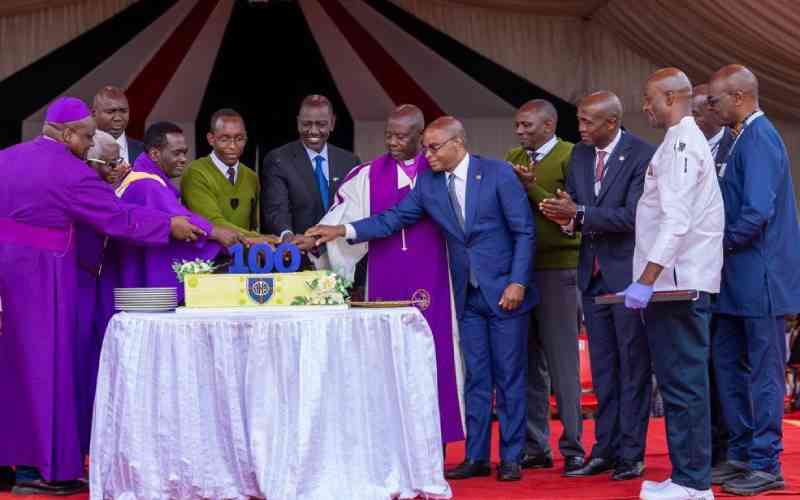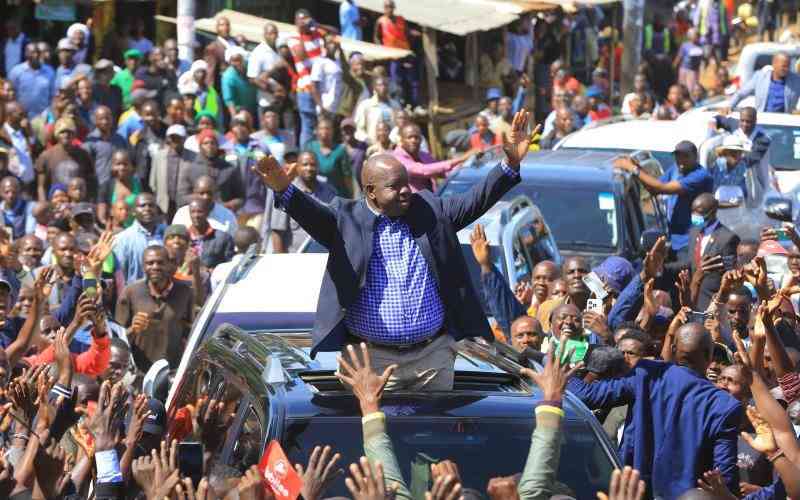Adriana Juma, at her manufacturing shop along Nakuru-Nairobi high way, she has been making fortune through Ankara sale. [Yvonne Chepkwony, Standard]
- Unlimited access to all premium content
- Uninterrupted ad-free browsing experience
- Mobile-optimized reading experience
- Weekly Newsletters
- MPesa, Airtel Money and Cards accepted






